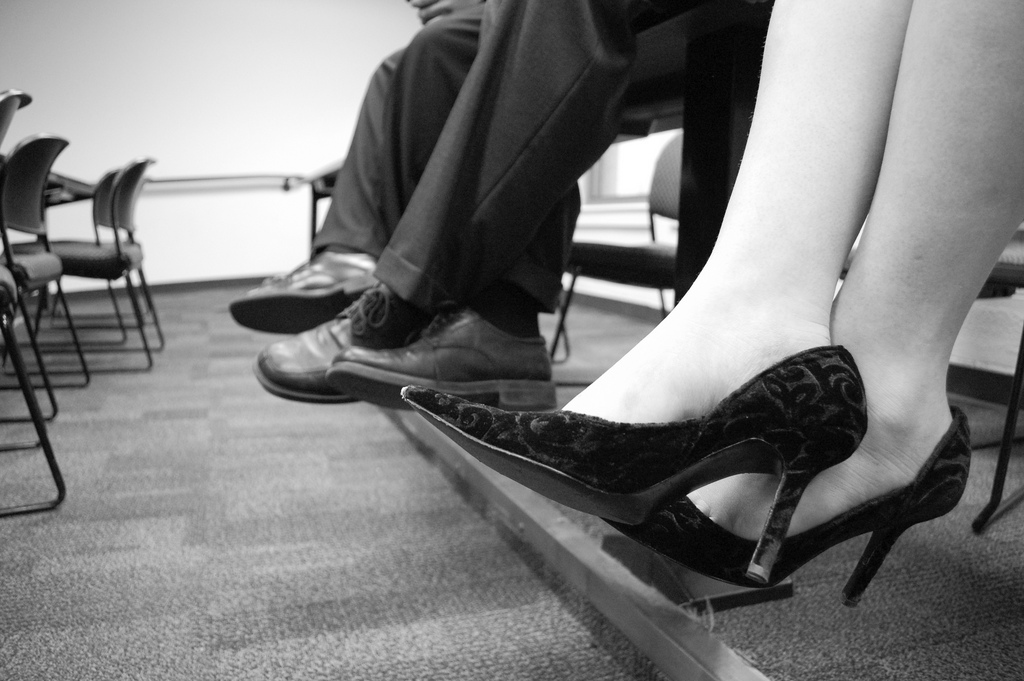From Misrepresentation to Women’s Under-representation
Written, directed and produced by actress and activist Jennifer Siebel Newsom, the film explores how the exploitation of women in mainstream media directly contributes to the under-representation of women in government and other positions of power in America. Stories from women in the media, like Rachel Maddow, Margaret Cho, Katie Couric, Condoleezza Rice and Gloria Steinem, punctuate the documentary’s alarming message.
Most startling is the evidence of self-objectification, in which a woman’s poor self-perception makes her more at risk for depression and eating disorders, and less likely to vote and run for office. According to the film, this self-objectification is a direct result of pervasive media messages from an early age. Consider Disney movies, in which every female protagonist only wants to find a husband.
“There’s just as much chance of women wearing revealing clothing in G-rated movies as in R-rated movies,” actress Geena Davis says in the documentary.
This objectification has serious effects on girls’ self-esteem. When polled, 30 percent of children age 7 say they want to be president when they grow up. But when posed the same question at age 15, a gender gap emerges. As a result, the U.S. is 90th in the world in terms of the number of women in political office.
As one media professional in the film puts it: “We’re a nation of teenage boys. We don’t know what to do when a professional woman is in front of us.”
The film in large part blames capitalism for this phenomenon, saying that painting women in this way by “giving us what we want” perpetuates the stereotype.
In a post-screening discussion, Mariah Craven, director of communications and marketing at the Washington Area Women’s Foundation, said the media is worse now than it has ever been.
“Attainability is the thing,” Craven said. “When I was little, I could grow up and be Claire Huxtable. I could not grow up and be Beyonce.”
Craven echoed the documentary by emphasizing media literacy and being discerning in the media we ingest.
“There are more women on TV this season, but what are the shows? Pan Am, The Playboy Club, 2 Broke Girls.” Craven said. “There’s perhaps quantity, but not quality.”
Youngmin Yi, program assistant at the Institute for Women’s Policy Research, said it’s critical to start supporting women’s work in the media.
“Bookmark their blogs!” Yi said, “Gail Collins is my personal favorite.”
Craven said she agrees with the film’s call to boycott misogynistic media sources to stop the stereotype.
“It’s not that women in the media are too sexy,” Craven said. “It’s that that’s all that’s out there. Speaking up is critical.”
Miss Representation will air on the Oprah Winfrey Network at 11 A.M. on November 12.
Photo by Amberley Romo












